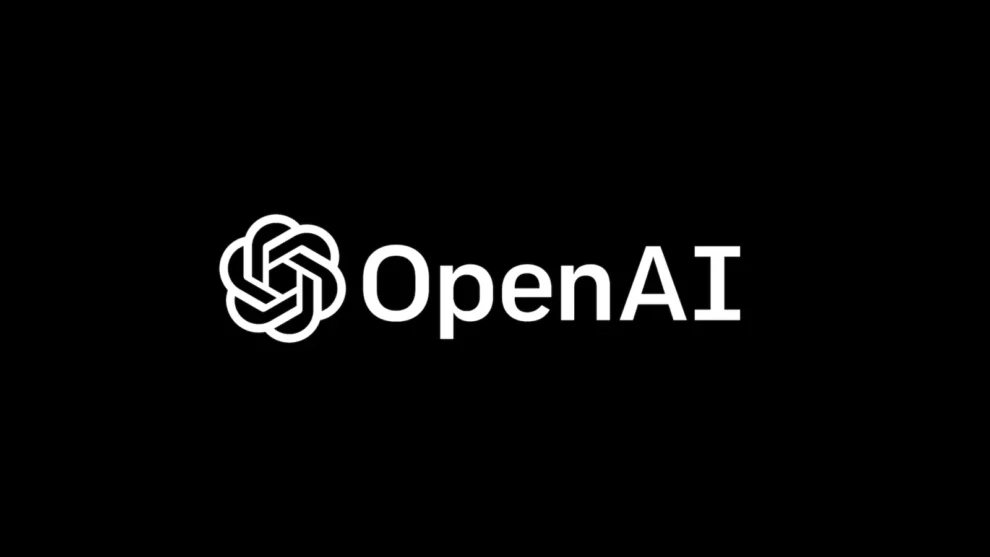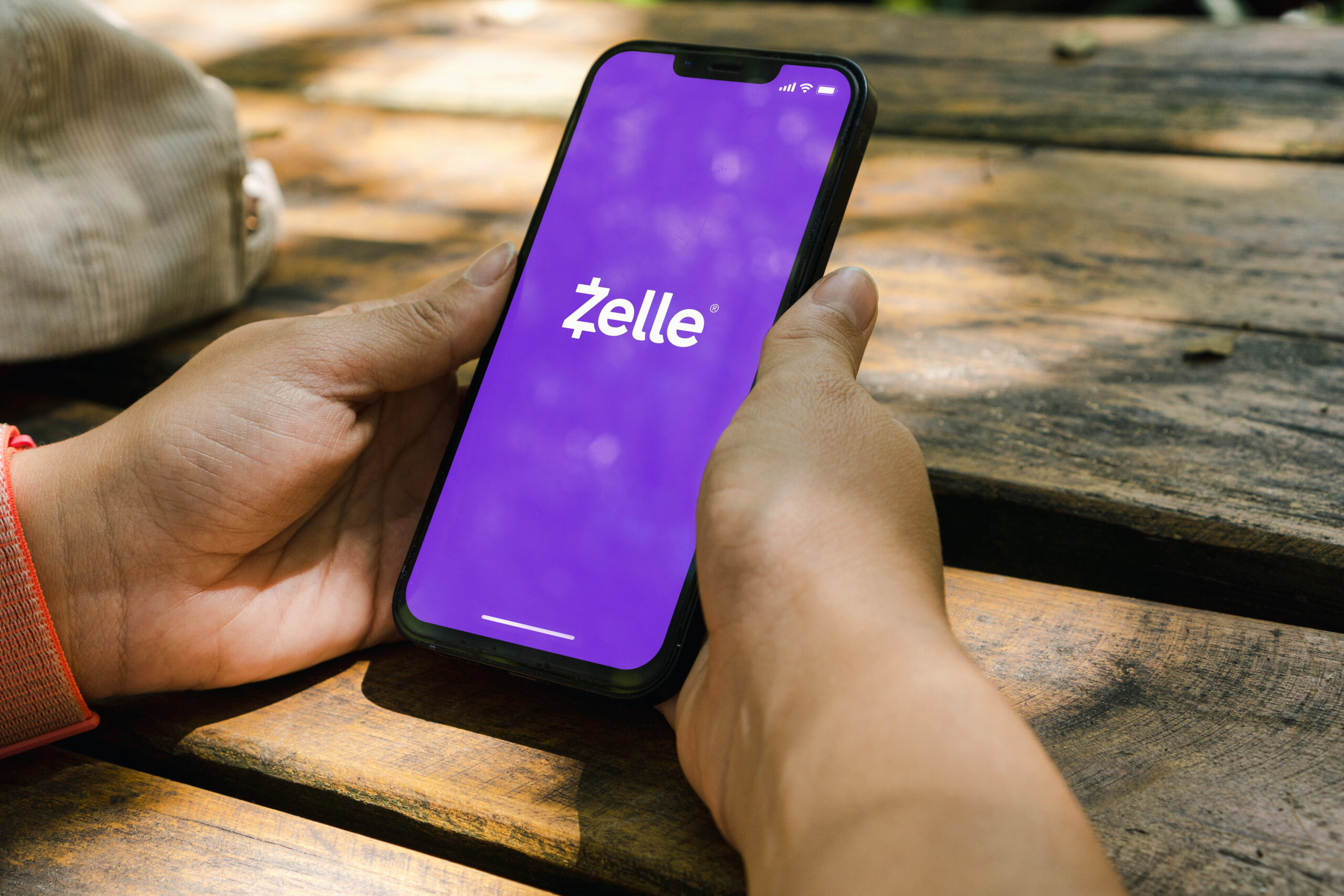The news is out: ChatGPT, OpenAI’s groundbreaking AI chatbot, has crossed the 200 million weekly active user mark. This is a staggering achievement in less than a year since its launch, signifying widespread adoption of generative AI in everyday life. But amidst the celebration, a curious phenomenon emerges: a reluctance among many to openly admit using it.
Why this secrecy? Is there a stigma attached to leveraging AI tools? Does it challenge notions of originality and intellectual effort? Or is it simply a matter of privacy concerns? This article dives into the complex dynamics at play, exploring the reasons behind the hush-hush nature of ChatGPT usage, even as its influence grows exponentially.
The AI Paradox: Ubiquitous Yet Undisclosed
ChatGPT’s success story is undeniably impressive. It’s being integrated into workflows across diverse sectors, from education to healthcare and even Fortune 500 companies. The ability to generate human-like text, code, and creative content has made it an indispensable tool for many. Yet, there’s a palpable disconnect between its widespread use and the openness with which people discuss it.
Online forums like Reddit and Quora buzz with anecdotal evidence of this. Users share stories of discreetly using ChatGPT for tasks ranging from homework assignments to drafting emails, often fearing judgment or accusations of plagiarism. There’s a sense that while AI is becoming increasingly ubiquitous, its acceptance in social and professional circles remains a work in progress.
Unveiling the Stigma: Why the Secrecy?
Several factors contribute to this “AI in the closet” phenomenon. One is the lingering perception that AI undermines human intellect and creativity. The notion that a machine can generate quality content challenges traditional notions of authorship and originality, raising concerns about its impact on critical thinking and problem-solving skills.
Furthermore, the fear of being judged for “taking the easy way out” is prevalent, particularly in academic and professional settings. There’s a pressure to demonstrate individual competence and hard work, making it difficult to openly acknowledge relying on an AI assistant.
Privacy concerns also play a role. While ChatGPT’s data handling practices are robust, the act of feeding personal or sensitive information into an AI system understandably raises eyebrows. The potential for misuse or unauthorized access to data adds another layer of reluctance for some users.
My Experience: The Unspoken AI Ally
Personally, I’ve found ChatGPT to be an invaluable tool in my writing workflow. It helps overcome writer’s block, brainstorm ideas, and even refine my grammar and style. However, I’m also mindful of the ethical considerations surrounding its use. It’s essential to maintain transparency and acknowledge its contributions when appropriate, particularly in collaborative settings.
It’s also crucial to recognize the limitations of AI. While ChatGPT is incredibly sophisticated, it’s not infallible. It can generate biased or inaccurate content and lacks the nuance and emotional intelligence that human communication often requires. Therefore, it’s crucial to use it judiciously and critically evaluate its output.
Breaking the Silence: Embracing AI Transparency
As AI becomes increasingly integrated into our lives, it’s time to move past the secrecy and embrace transparency. Openly discussing the use of AI tools like ChatGPT can help destigmatize their use and encourage responsible adoption. By acknowledging their benefits and limitations, we can foster a culture of informed and ethical AI utilization.
Educators and employers can play a crucial role in this shift. By facilitating open dialogues about AI, they can create safe spaces for students and employees to discuss its implications and ethical considerations. This can help dispel misconceptions and promote responsible AI integration within learning and work environments.
The Road Ahead: AI as a Collaborator, Not a Replacement
The key to harnessing AI’s full potential lies in recognizing its role as a collaborator, not a replacement. AI can augment human capabilities, freeing us from mundane tasks and enabling us to focus on higher-order thinking and creative endeavors. By working in tandem with AI, we can achieve new levels of productivity and innovation.
ChatGPT’s 200 million user milestone is a testament to its transformative power. However, the reluctance to acknowledge its use highlights the need for a more open and informed dialogue about AI. By embracing transparency and ethical practices, we can unlock its true potential and ensure it benefits society as a whole.










Add Comment